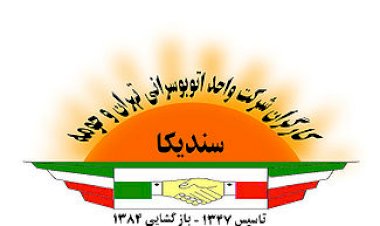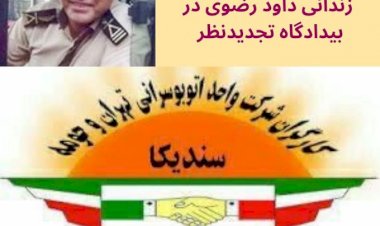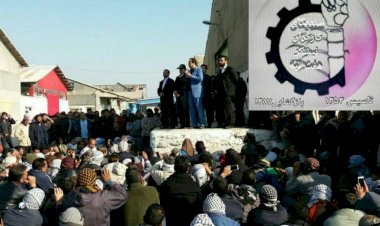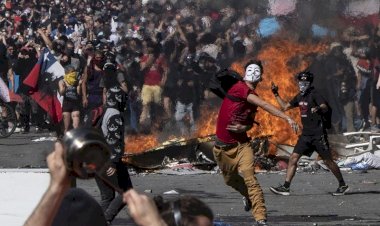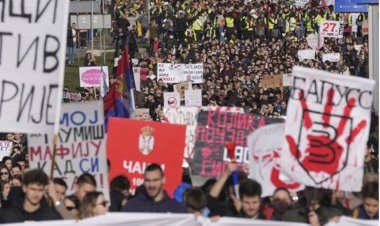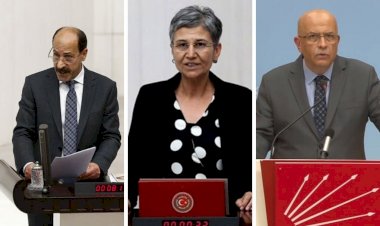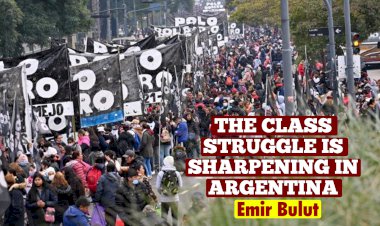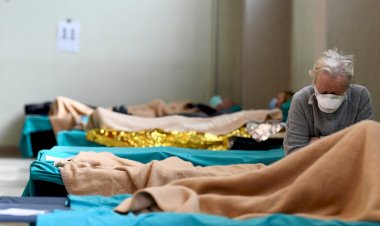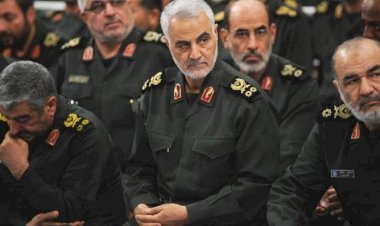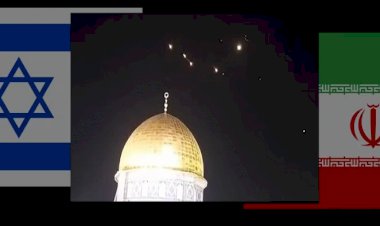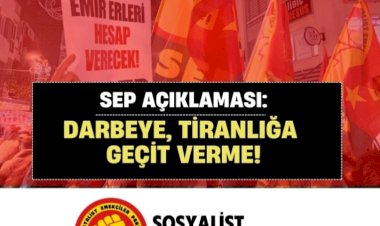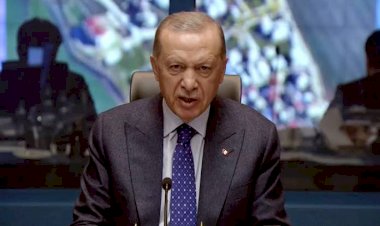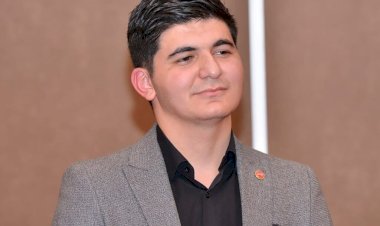Who Came out Ahead? – Güneş Gümüş
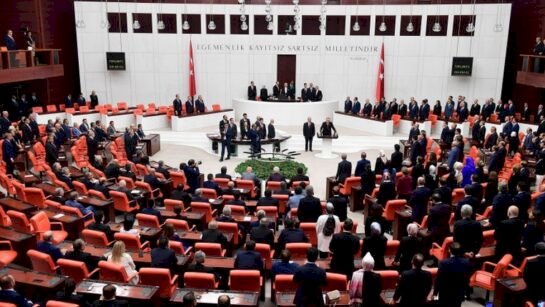
Bahçeli’s call for the peace commission (officially the National Solidarity, Fraternity and Democracy Comission) to hold a face-to-face meeting with Öcalan on İmralı Island, the Justice Ministry’s last-minute appeal against the European Court of Human Rights ruling that deemed Selahattin Demirtaş’s detention a violation of rights, the “warm” interactions between Erdoğan and DEM Party (the leading Kurdish party) representatives during the parliamentary opening that went beyond mere political courtesy, and the government’s statements suggesting that, if necessary, they would strike the SDG/YPG in Syria “together with al-Julani”… All these developments show that, in the negotiations with the Kurdish national movement, the government keeps swinging the pendulum between extremes.
Some portray this situation as a disruption of the process caused by forces that do not want the Kurdish question to be resolved. But the reality is quite different. The AKP is steering the negotiation process entirely according to its own political needs. It is these “needs” that will determine the fate of the process: the desire to maintain power, and the urge to preempt the emergence of autonomous Kurdish administrations that may arise amid regional upheavals.
In the aftermath of the March 19 process (the imprisonment of the main opposition candidate Ekrem İmamoğlu), the negotiations had already been largely postponed amid operations targeting the CHP and opposition presidential hopefuls. When these operations failed due to the strong reaction from the youth and the public, the government was forced to reconsider the option: “Can we pave the way forward by reaching an agreement with the Kurdish National Movement (KNM)?” While seeking to wear down the opposition through repression and pressure, the government has also been calculating: “Can we win a referendum or an election by securing Kurdish votes? Can we, through Öcalan’s call, persuade the YPG in Syria to disband?”
Last October, Bahçeli suggested that Öcalan should attend the DEM Party’s parliamentary group meeting and announce that the PKK had laid down its arms, adding that the “right to hope” could then be granted to him. But since then, how much progress has been made toward a resolution? Beyond rhetoric and lofty statements, almost none... Over the past year, the government has not taken a single concrete step — not even the most basic ones. Between March and September, negotiations were set aside; and even now, as they are being revived, steps are being taken to keep Demirtaş imprisoned, while Öcalan is being urged to pressure the YPG in Syria to abandon its aspirations for autonomy.
The KNM front has also adopted a wait-and-see stance. Yet at the end of February, following Öcalan’s call for the PKK to dissolve itself and abandon armed struggle, the PKK convened a congress in May, where it decided to dismantle its organizational structure and put an end to armed struggle. Subsequently, in July, a 30-member group held a ceremony in Sulaymaniyah to lay down and burn their weapons. When no response came from the government afterward, the KNM also put the negotiations on hold. In the Qandil camp (headquarters of PKK), expectations for the process appear low. With the Middle East in turmoil, there is little enthusiasm to lay down arms elsewhere in the region. However, the only winner of this politics of stalling is the government itself.
1- The government has lost its ability to secure another outright election victory. It seeks to maintain power by paralyzing the opposition and rendering elections meaningless; essentially aiming to establish a dynastic rule. Since March 19, young people and the masses have blocked this process by taking to the streets. The DEM Party, so as not to disrupt the negotiations, has not taken part in this struggle; just as Erdoğan wished. For Erdoğan’s concern is to turn the DEM Party into something other than an opposition party. Staying away from the struggle on the ground, while a life-or-death struggle for democracy and freedom is underway in the country, means relinquishing the very essence of being an opposition.
2- This process affects not only the present but also the future. The emotional bond between the DEM Party and the opposition-leaning electorate in the West is gradually eroding. While artists, journalists, politicians, and ordinary citizens are detained every day for their lifestyles, thoughts, or criticisms, showing friendly poses with the AKP and reducing the opposition to mere rhetorical statements weakens the emotional ties with those segments of the Kurdish movement that lean less toward nationalism and more toward the left. In the long term, the AKP is also undermining the social influence of the Kurdish political movement and its ideological-political hegemony over the opposition. In pursuing the “process,” the Kurdish national movement is putting this capacity at risk. The relationship between the KNM and socialist movements has long moved beyond mere solidarity with an oppressed movement. The political and ideological trajectory of most socialist movements in the country has been shaped by the KNM’s identity-based orientation. Weakening this hegemony, if an internationalist revolutionary alternative gains strength, could actually open new paths for the socialist left and the audiences it speaks to.
3- The negotiation process is also seriously undermining any chance of resolving the Kurdish issue in the country. Peace does not descend from above; it cannot be achieved without winning over the masses. Throughout this process, the government has not changed its discourse on the Kurdish question, nor has it made any effort to ideologically convince even its own base. The core supporters of the AKP and MHP are convinced to accept the negotiations with arguments such as, “They must know what they are doing,” or “This is a tactical alliance, we will come out ahead in the end.” Can a major issue of freedom and democracy like the Kurdish question be resolved with this mindset? The opposition masses, who would be easier to persuade on peace, have grown increasingly frustrated because the DEM Party refrained from joining the March 19 struggle out of deference to the AKP’s red lines. In the long term, the KNM also attracts the anger directed against the AKP and its allies, which have entrenched themselves in more than half of society. This impacts not only the present but also the future.
There is no need to elaborate further: the AKP–MHP bloc seeks to seize the country through an authoritarian takeover that calls the legitimacy of elections into question. This mindset allows for neither freedom, nor democracy, nor a solution to the Kurdish question.



